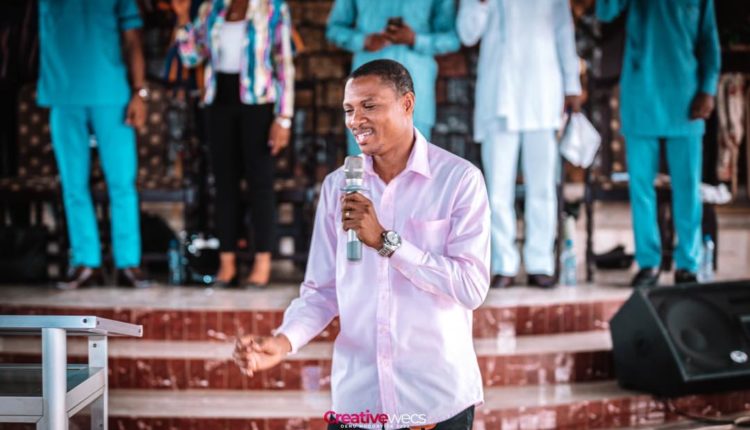The Member of Parliament for Madina Constituency, Francis-Xavier Sosu, has retained the Madina constituency seat in the 2024 parliamentary elections.
The National Democratic Congress (NDC) candidate got 56,008 votes, as against Robert Lamptey of the New Patriotic Party (NPP), who received 29,777 votes.
The certified results from the Electoral Commission showed that a total of 86,880 votes were cast in Madina, with 86,512 valid votes and 368 rejected ballots.
Independent candidate Awal Mohammed secured only 727 votes, further emphasizing Sosu’s commanding lead in the constituency.
In addition to his legislative achievements, Sosu has been widely praised for his developmental projects in Madina, ranging from improved healthcare and education infrastructure to initiatives aimed at enhancing livelihoods.
These efforts have solidified his reputation as a leader who not only speaks for the people but also delivers tangible results.
As the MP prepares to embark on his second term, the people of Madina and observers nationwide are hopeful that he will build on his impressive legacy and further enhance the lives of his constituents.
With such overwhelming support, Sosu’s influence is poised to grow, not just in Madina, but across Ghana’s political landscape.
He is proposing the setting up of a commission to oversee Ghana’s judiciary and police.
According to him, that will help ensure that the two institutions were independent so as to reduce political interference and ensure greater accountability in the two critical institutions.
He described his proposal changes as vital in reshaping the country’s governance.
“The judiciary and police need independence to function effectively and serve Ghanaians,” he said. “Parliament has a unique opportunity to pass laws that will protect the integrity of these institutions.”
Sosu proposed that Parliament use its legislative powers to implement recommendations from the 2011 Constitutional Review Commission (CRC).
He argued that many of the reforms in the CRC report could be enacted without a national referendum, saving time and resources.
“Through legislative intervention, Parliament can act on key proposals from the CRC report,” Sosu explained. “This includes separating the Ministry of Justice from the Attorney General’s Department, ensuring judicial appointments are free from outside influence, and establishing independent oversight bodies.”
He highlighted how an independent judicial commission could ensure transparent and merit-based appointments and promotions for judges. Similarly, an independent police commission could oversee recruitment, promotions, and daily operations, reducing political interference and improving professionalism.
Sosu stressed that institutional independence is essential to restoring public confidence in governance.
He pointed to the judiciary as a prime example of where reforms are needed.
“For instance, we need a system where a judge’s promotion is not tied to the decisions of another judge or political actors,” he said. “An independent judicial commission would ensure fairness, accountability, and trust in the judiciary.”
Sosu noted that similar changes in the police service would enhance transparency and address public concerns about corruption and partisanship.
Sosu framed his proposals as part of a broader push to “reset” Ghana’s governance systems under President-elect John Dramani Mahama’s administration.
He said the groundwork for these reforms was laid during the late President John Atta Mills’ tenure, particularly through the constitutional review process.
“This is the time to reset our institutions and fulfil the hopes of Ghanaians,” he said. “If we truly want progress, we must address the deep-rooted structural challenges holding us back.”
Beyond reforms to the judiciary and police, Sosu also advocated for a national development plan that remains consistent regardless of political leadership.
He argued that Ghana’s progress requires a stable, bipartisan approach to development.
“Ghanaians have called for a development plan that isn’t affected by political cycles,” Sosu noted. “Parliament can pass laws to establish a framework that ensures continuity and stability in our national development.”
He therefore urged his colleagues to seize the moment to enact meaningful reforms that would strengthen Ghana’s democratic institutions.


Comments are closed.